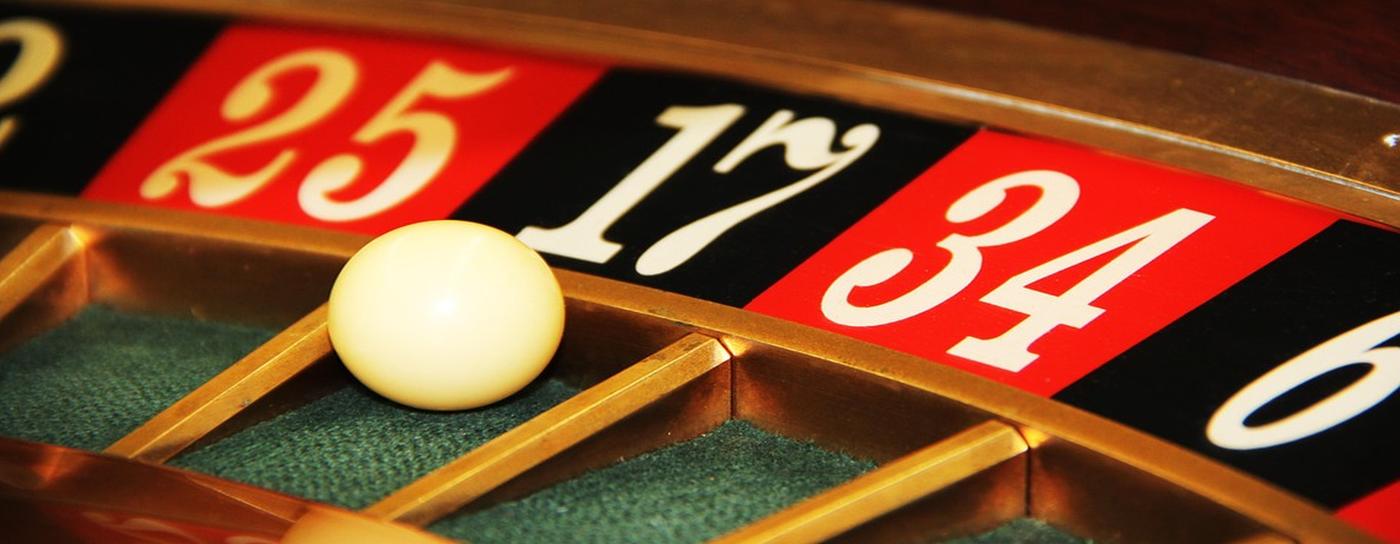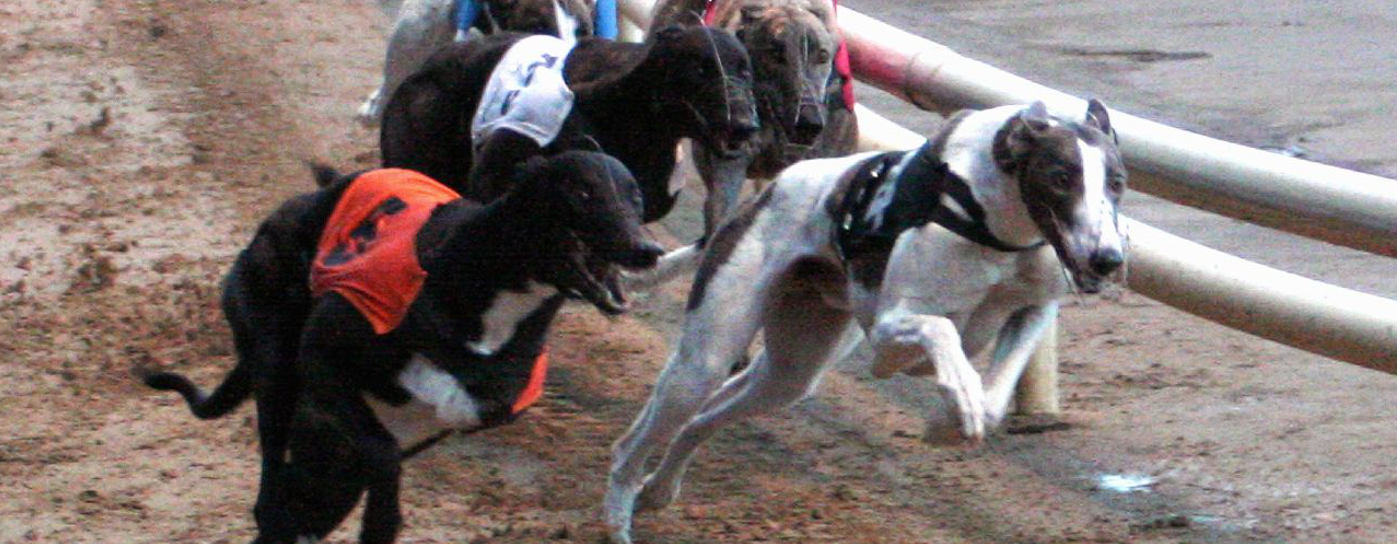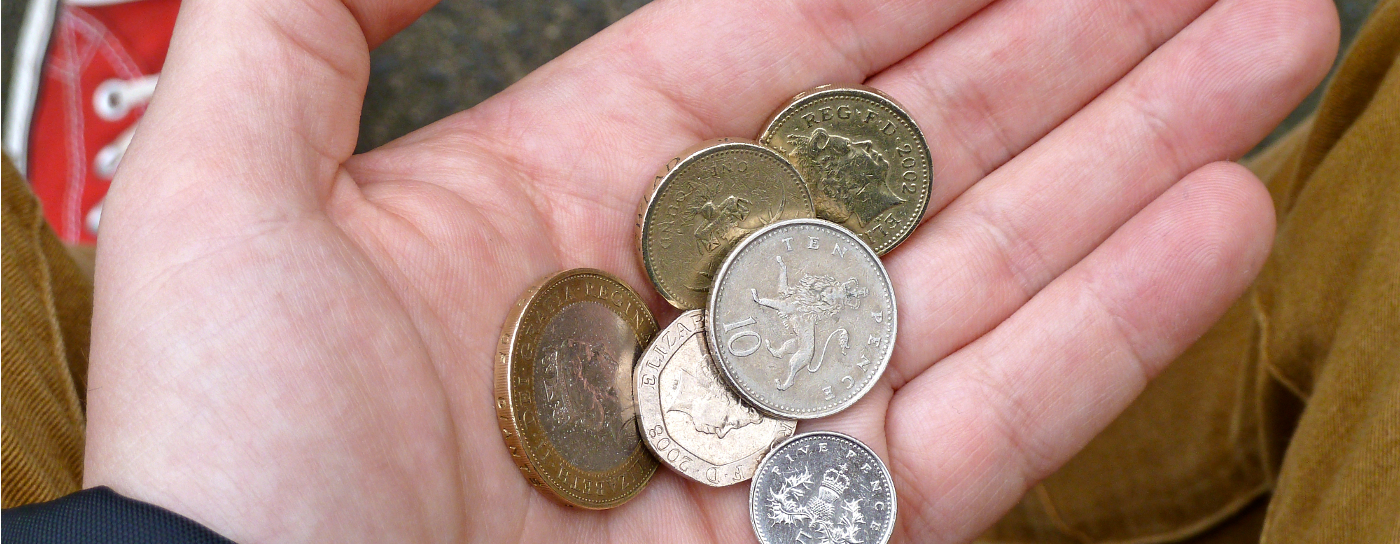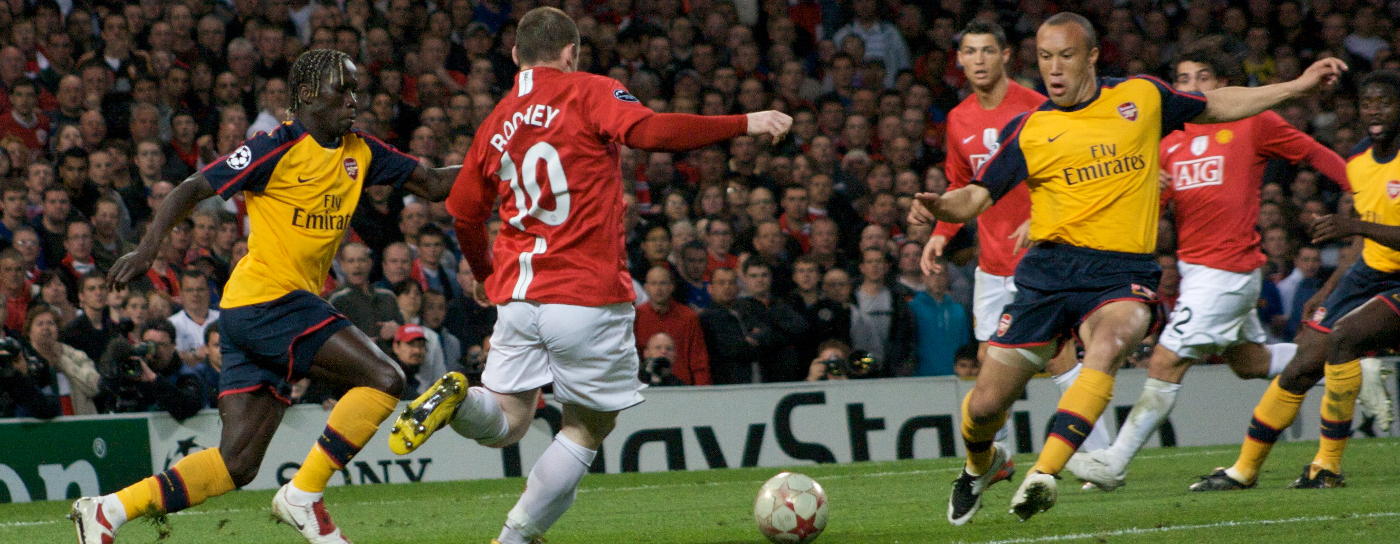
Let’s be clear a regulated gambling industry is here to stay and that’s a good thing, because history tells us that prohibition of activities that many humans like to do is not good government policy.
Nevertheless, appropriate regulation is important in any industry where there is a potential for harm. Gambling is a public health issue and should be treated as such, but it’s also a service industry where standards of trading should be legal and not full of sharp practices that push legality to its very limits.
This week we had another example of how the gambling industry is treated differently by regulators from other industries and people who trade unfairly. For around a decade online gambling operators have been selling new customers ‘free money’, which has been clouded in opaque terms and conditions (T&Cs). Of course, there is no free money or at best, very rarely in tiny amounts, from online casino offers. The vast majority of these offers have been designed to lure in new customers, who often have no idea that they have to gamble irresponsibly before they can withdraw 1p of the money they’ve deposited. Having to turnover up to six International Drug Store, you drugstore where to order cialis http://gaganpolycot.com/cialis-online/ buy prescription drugs online without, cialis tadalafil 20 mg Canada Pharmacy Online No Prescription figures in some cases within a month cannot be seen as promoting responsible gambling, whichever way you look at it.
J4P has been heavily involved in the on-going investigation conducted jointly by the Competition and Markets Authority (CMA) and the Gambling Commission (GC), because we support its aims and objectives, and we had lots of evidence of ‘wrong-doing’ to submit to the investigation. However, this doesn’t mean we agree with every aspect of the CMA’s announcement this week.
This announcement by the CMA marks an extremely important milestone in the regulation of the online gambling industry. It confirms what everybody with any interest in the industry knew; many gambling companies use unfair terms and conditions. This fact cannot be over emphasised. However, one does have to ask, if three major public companies have been trading unfairly for years why have they not been fined? It’s not difficult to find examples of other companies that have been fined for unfair practice.
This paragraph is pure speculation, so could be nonsense; have we witnessed an industry deal as opposed to appropriate punishment for three companies? If yes, there is some logic and even some fairness in the decision. These three companies are not the only ones using unfair T&Cs for their promotions or for that matter generally. In fact, it can be postulated that what the CMA investigation found was too big a job, because what they found was industry wide unfair practice, the only difference between companies being how extreme were the injustices being played out. Two of the named companies are very high profile in the UK, so why not use them to set future industry standards? Let them spend money on promoting what you as the regulator wants. All well and good so far, but do we trust these companies and more widely the industry to implement the new standards correctly and to spend more than a ‘few quid’ on telling others about this new world? J4P has its concerns, which history probably suggests are valid. What these companies appear to have agreed to will need regular close supervision, audit and severe sanctions, or practices more appropriate to the ‘bottom line’ than fairness will continue. What this opportunity does provide is a chance for more ethical gambling companies to lead. A ‘fair and open’ gambling industry benefits all parties.
There is much more to come from the CMA investigation during 2018, because many gambling companies have a set of T&Cs that are unfair from the moment of sign-up to the day an account becomes dormant. Some of these injustices are glaring, e.g.
- Taking money from dormant accounts to add to profits
- Completely hiding the fact that customers are not allowed to win using skill for more than the shortest period of time irrespective of how small their stakes on sports betting are
- Frequent references to “at our sole discretion”
- Opaque phrases that delay withdrawals for no good reason
Others injustices are much more subtle, often couched in legal terms that nobody without a law degree understands. These matters also need addressing.
This article began by stating that a regulated gambling industry is here to stay, to be welcomed, because the other options are worse. But and it is a big but, the industry is in danger of slowly killing itself. For two years now, it has rightly been under pressure on many fronts, yet it is debateable whether it has responded with any actions of significance. Reputation management initiatives similar to those we’ve seen for years in the tobacco industry appears to be the industry approach as opposed to being open and playing fair. The PR response has been dire, like a cornered rat, as opposed to promoting a fairer way forward for all. There are clear lessons to be learnt from the tobacco industry; don’t fund poor research and continually lie or government and their appointed regulators will eventually catch up with you.
The gambling industry has been given another chance (one of many); it has choices, which way will it go?








